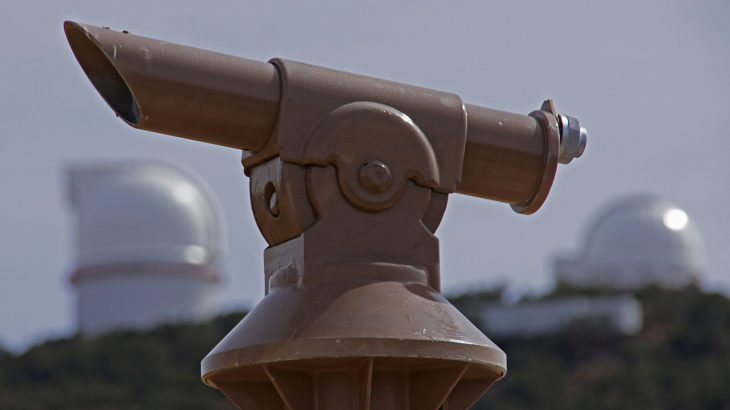Successfully founding a startup is hard. One of many challenges is the necessary shifting between your long-term vision for the business, on one hand, and rigorous short-term testing of critical hypotheses about it on the other. I call these different perspectives the telescope and microscope.
The telescope represents the big-picture vision for a startup. It’s this telescopic vision that attracts and retains high-quality co-founders, investors, employees, advisors, board members and others to a startup. The best startups have the potential to make a difference. And the best entrepreneurs are able to powerfully articulate the exciting future potential of a startup.
In its shortest form, a telescopic vision for a startup is the elevator pitch — a one or two sentence summary of what the business does and why it’s important. You and your team should develop and constantly hone this brief spoken pitch. A longer, more detailed form of the telescopic vision is often contained in a pitch deck.
Get the “telescope” part of a startup wrong and you won’t be able to excite and attract the sort of people you need surrounding you. And, if you’re unable to develop a compelling telescopic vision for your business at all, you should think long and hard about whether it’s worth launching it in the first place.
In your excitement about the telescope, though, don’t lose sight of the microscope. You must be able to shift from broad vision to a much narrower day-to-day “microscopic” approach. Using lean startup techniques, you should develop killer questions and other less monumental hypotheses about your business. You should relentlessly test those hypotheses, and once the results are in, determine whether — as Eric Ries teaches — you should persevere or pivot. You should work your customer pipeline with great detail. You must internalize the smallest bits of customer feedback. You should be detail-oriented in tracking your performance. This process is essentially the scientific method applied to the creation of a business.
Those same stakeholders attracted to your startup by the telescopic vision will watch to see if you have the day-to-day discipline to actually achieve it. That work is all about the microscope. Without lots of disciplined microscope work you never earn the right realize the exciting future you’ve been gazing at through the telescope.
The best entrepreneurs master both the telescope and microscope in developing their startup. They learn the cadence of switching between these differing perspectives, depending on relevant circumstances. Be sure you know when, where and why each approach should be used.



